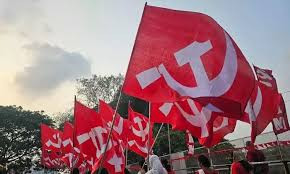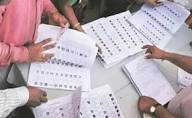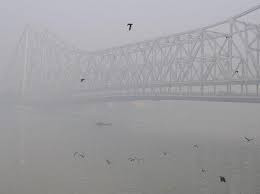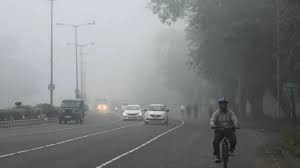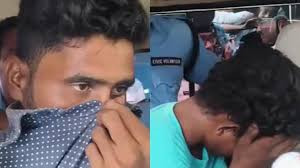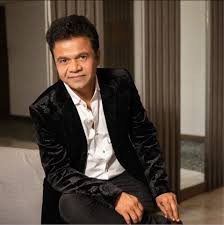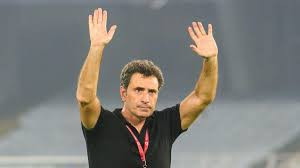Dilip Ghosh Quells Joining‑TMC Rumours, Says Political Future “Already Written”
IIE DIGITAL DESK : July 4, 2025, senior Bengal BJP leader Dilip Ghosh directly addressed swirling speculation about a possible switch to the Trinamool Congress (TMC), dismissing the rumours during an early‑morning outing in New Town. Ghosh, the former West Bengal BJP president and ex-Lok Sabha MP, emphasized that he remains firmly rooted in the BJP, bound by party discipline and guided by his political path “already written.”
His public remarks followed his notable absence from key BJP events: he was not invited to the oath-taking ceremony of incoming state president Samik Bhattacharya, raising eyebrows amid internal political churn. With the TMC poised for assembly elections before March 2026, whispers about potential defections have increased.
On Friday morning, after his routine exercise, Ghosh reaffirmed his allegiance: “I did not enter politics of my own accord; the BJP brought me in, inducted me as MLA and MP, and gave me posts. I’ve never demanded anything. If the party wants me to work as a regular member, I will. I go where the party calls, and abstain where it doesn’t—that’s how party systems function.”
He also struck an almost philosophical tone on the future: “The future is already written … you can imagine till the 21st, for imagination you don’t need money.” This cryptic statement—“we’re in the market because that’s how people stay in the market”—was read by analysts as an oblique reference to speculation around his next move.
Earlier reports highlighted that while Ghosh and his wife attended the inauguration of the Jagannath temple in Digha—also graced by Chief Minister Mamata Banerjee—the BJP refrained from endorsing the visit. This led to internal backlash and transferred speculation into the political spotlight. Ghosh defended his presence, saying he acted as a “respected citizen,” reiterating that temple visits and civil conduct toward the chief minister were not party offences.
Furthermore, his symbolic early‑morning march wielding a damru (hand drum) in Durgapur during the month of Shravan was understood as a gesture of public awakening. He explained: “Lord Shiva beats the damru to awaken everyone. We too are trying to awaken people… given the current situation.”
The BJP’s organizational realignment—with Samik Bhattacharya taking over as state president—has shifted Ghosh from the spotlight. His exclusion from functions hosted by heavy‑weight leaders like Amit Shah and PM Modi underscores his current sidelined status within the party.
Political circles suggest that Ghosh’s unpredictability and independent streak, once strengths, have increasingly isolated him. His vocal opposition to deploying former TMC leaders in BJP ticket allocations before the 2021 election illuminated growing rifts with the party centre.
Today, as speculation about a potential jump to TMC persists, Ghosh’s assurances—a blend of defiance and allegiance—paint a picture of a politician resisting marginalization but wary of slipping into obsolescence.
Dilip Ghosh has firmly denied TMC-defection rumours, asserting continued loyalty to the BJP despite being sidelined from prominent events. He described his future as predetermined and bound to party direction. His act of marching with a damru and civil gestures like temple visits have added a layer of personal positioning. With assembly elections looming, Ghosh’s place in Bengal’s evolving political narrative remains uncertain—but for now, he remains with the BJP.
You might also like!



